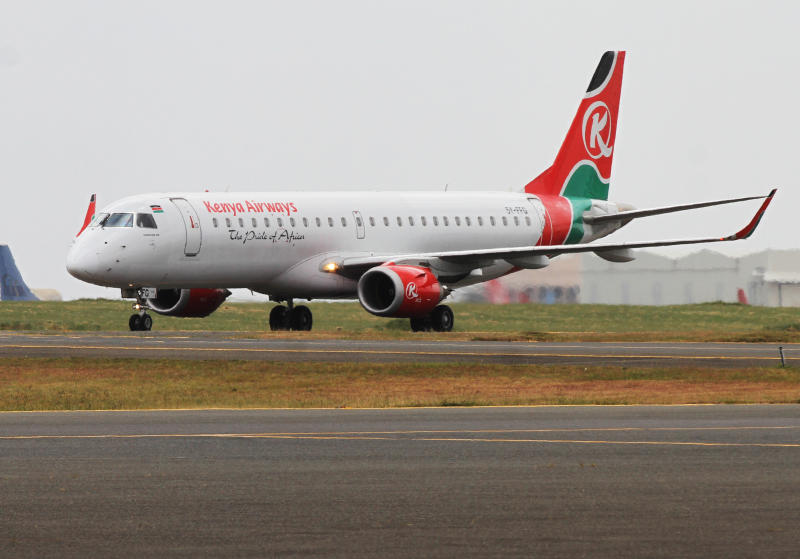×
The Standard e-Paper
Home To Bold Columnists

The revival of Kenya Airways (KQ) now hinges on Parliament passing a new Bill that will convert the national carrier into a parastatal after it reported a jaw-dropping Sh36.2 billion loss for the year ending December 2020.
The loss is the largest ever reported by a listed firm in the country and is in comparison to a loss of Sh12.9 billion the airline reported in 2019.